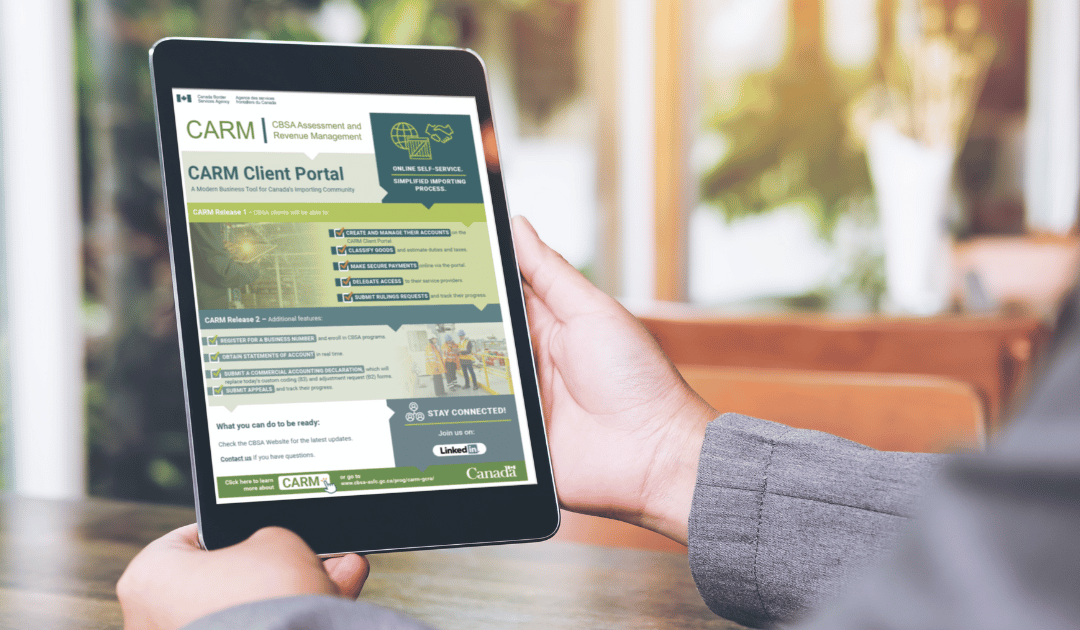For brands expanding into the Australian (AU) market, understanding their tax system is an essential part of the process. There are several factors to consider including de minimis levels, goods and services tax (GST) registration thresholds, and your compliance options as an e-commerce business. We’ll break down the top 10 essential insights you need to know about Australian taxes, empowering you to cross borders with confidence.
1. Australia has a 10% GST that generally applies to the sale and importation of goods and services in Australia.
2. GST is calculated based on CIF (cost, insurance, freight) value. This means the 10% tax is applied to the product price plus shipping cost and any duty or insurance.
3. Australia has a high duty and tax de minimis level of A$1,000, meaning shipments below this threshold clear free of duties and taxes, including the 10% GST.
4. Shipments over A$1,000 require a formal import clearance and are assessed a clearance fee in addition to duties and GST.
5. Non-resident brands that sell more than A$75,000 in a calendar year are required to register for an Australian tax ID and collect 10% GST at checkout.
6. There are two tax registration options for non-resident businesses: a simplified registration that can be completed in a day, and a full Australian Business Number (ABN) registration that is much more extensive, involved, and time-consuming. The simplified registration is usually sufficient for DTC brands.
7. Once registered for AU GST, brands must collect the 10% tax at checkout and file quarterly returns with the Australian Taxation Office (ATO).
8. The ATO has started enforcing the A$75,000 threshold and many US retailers have received compliance letters from the tax office.
9. If you have crossed the A$75,000 threshold, you can immediately become compliant by registering for AU GST or participating in Passport’s Seller of Record (SOR) program. Through SOR, Passport takes on all GST collection and reporting responsibilities so you don’t have to register for a tax ID or manage tax reporting.
10. Passport charges a small administrative fee calculated as 5% of taxes collected for utilizing the SOR solution. For example, on a $100 order, Passport would collect $10 in GST and charge a $0.50 fee to manage collection, reporting, and compliance.
Here at Passport, we understand the intricacies that come with international shipping, especially regarding import tax regulations. Our SOR program is designed to give e-commerce brands a simpler way to handle AU compliance with a quick and seamless enrollment process. If you’re interested in Passport’s Seller of Record solution, please reach out to our team at vat@passportshipping.com.




